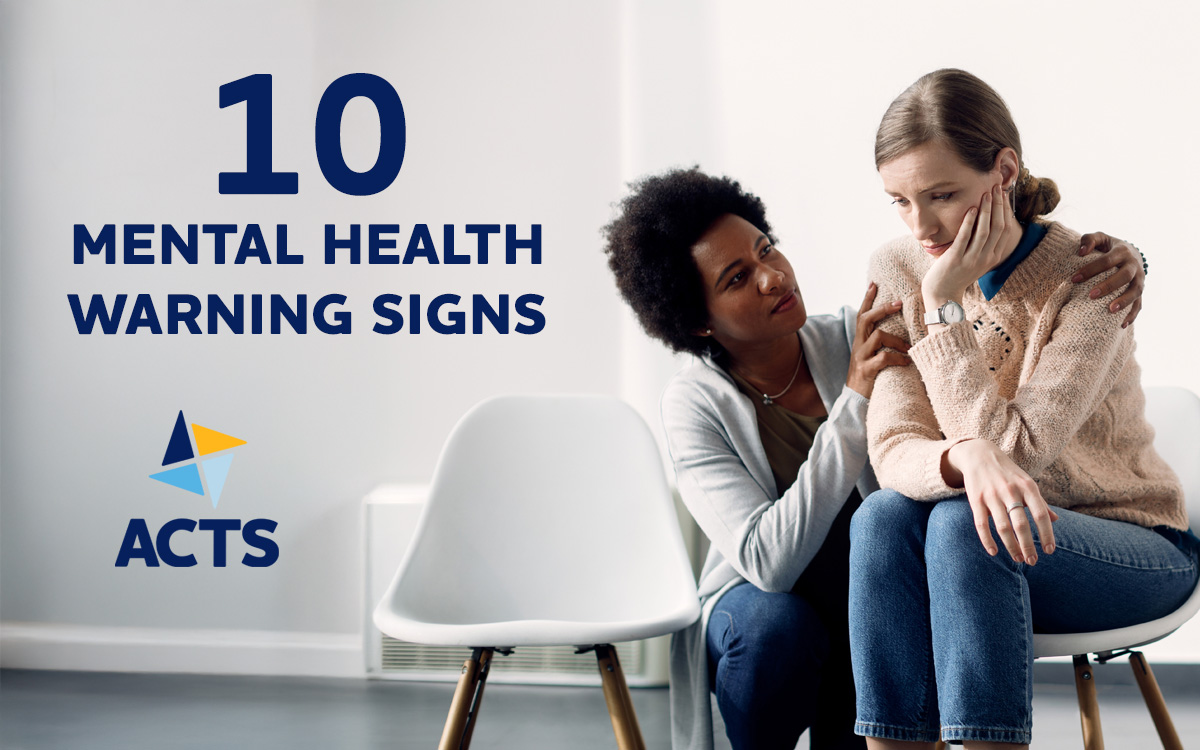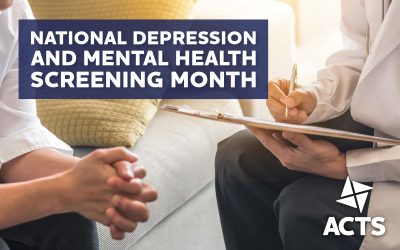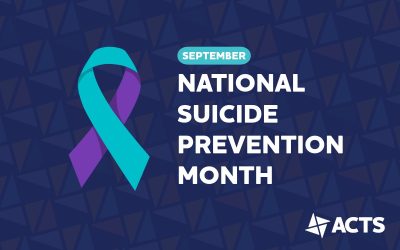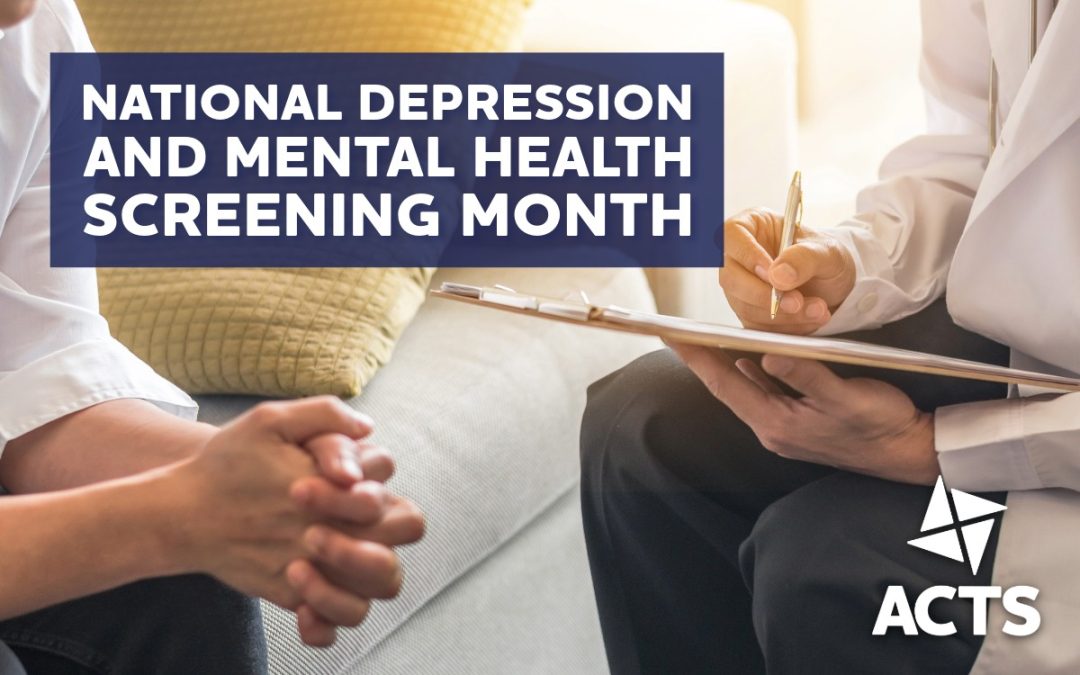What to watch for—and why it matters
At ACTS, we believe in the power of early support, open conversation, and compassionate care. Mental health is something we all have, and just like physical health, it deserves attention, understanding, and respect.
During Mental Health Awareness Month, we want to help break down stigma and share tools that can make a difference. Recognizing when someone may be struggling—whether it’s a friend, family member, coworker, or yourself—can be the first step toward healing and hope.
Here are 10 common signs that someone may be experiencing a mental health challenge:
1. Feeling sad or withdrawn
Persistent sadness, hopelessness, or a loss of interest in things that once brought joy may signal something more than just a “bad day.”
2. Extreme mood changes
Unexplained mood swings or intense emotional reactions can indicate an underlying issue like anxiety, depression, or trauma.
3. Excessive fears or worries
When worry starts to feel constant or overwhelming, it may be time to talk to someone. Anxiety is common—and treatable.
4. Difficulty concentrating
Struggling to focus, complete tasks, or remember things can be a sign of mental exhaustion or distress.
5. Changes in sleep patterns
Sleeping too much, too little, or experiencing disrupted sleep can take a toll on mental and physical health.
6. Changes in appetite or eating habits
Sudden changes in eating—either loss of appetite or overeating—may be linked to emotional stress or underlying conditions.
7. Withdrawing from social activities
Pulling away from friends, family, or community can be a sign that someone is feeling overwhelmed, anxious, or depressed.
8. Increased substance use
Using drugs or alcohol more frequently—or to cope with emotions—may signal a deeper issue that needs attention and support.
9. Constant fatigue or lack of energy
Feeling drained or unmotivated, even after rest, can be a symptom of burnout, depression, or emotional overload.
10. Thoughts of self-harm or suicide
Talking about feeling hopeless, being a burden, or wanting to disappear are serious signs. If you or someone you know is feeling this way, don’t wait—help is available.
You Are Not Alone
At ACTS, we meet people where they are – with dignity, compassion, and understanding. If you recognize these signs in yourself or someone else, we encourage you to reach out. Talk to a trusted person, connect with a counselor, or contact a local crisis line like 988.
Mental health challenges are common – but so is recovery. Together, we can reduce stigma, offer support, and remind each other: there is always hope.






